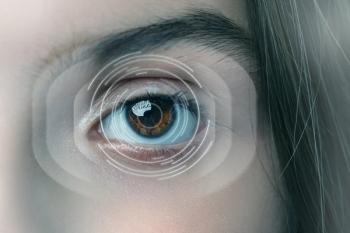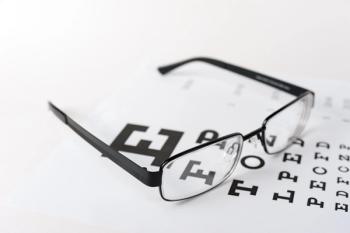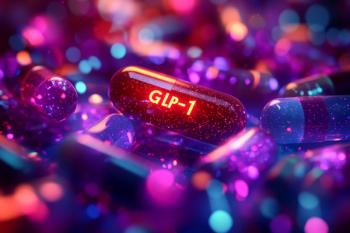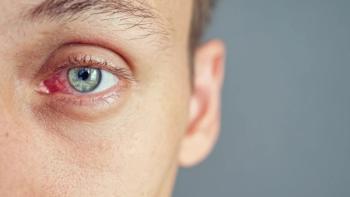
Examining the Impact of Sleep Deprivation in Eye Disease
Researchers may have identified a potential solution.
Sleep deprivation negatively impacts corneal stem cells, which can increase the risk for eye disease over the long term, in addition to short-term problems such as dryness and itching.
The cornea, the transparent tissue layer covering the eye, is essential for assuring health and function of the eye, the International Society for Stem Cell Research (ISSCR) explained in a news release.1 The cornea is maintained by stem cells, which divide to replace dying cells and to repair small injuries.
“Corneal stem cell activity needs to be precisely tuned to assure an adequate output of new corneal cells, and dysregulation of corneal stem cells can lead to eye disease and impaired vision,” they said.
To that end, Wei Li, Zugou Liu and colleagues from Xiamen University in China and Harvard Medical School evaluated how sleep deprivation impacts corneal stem cells, in new research published in Stem Cell Reports.2
Their experiments in mice showed that short-term sleep deprivation increased the rate at which stem cells in the cornea multiplied. At the same time, sleep deprivation altered the composition of the protective tear film, reducing the tear film antioxidants in sleep-deprived mice.
“The researchers found that the tear film composition had a direct impact on corneal stem cell activity and, encouragingly, application of tear drops containing antioxidants reversed the excessive stem cell activity,” Stem Cell Reports found.
In fact, the L-glutathioneeye drops the researchers used“may be a therapeutic strategy to maintain ocular surface health for those suffering from insufficient sleep,” the authors wrote.
Further studies are needed to investigate whether administration of L-glutathione eye drops or inhibition of the PI3K/AKT signaling pathway improve the maintenance of the corneal stem cells and whether limbic stem cell deficiency (LSCD) syndrome can be reversed after the reintroduction of sufficient sleep, the researchers noted.
Notably, long-term sleep deprivation produced “serious effects” on corneal health, such as thinning and ruffling of the cornea and loss of transparency, ISSCR said.
In addition, the corneas of long-term sleep-deprived mice contained fewer stem cells, suggesting that persistent stimulation of stem cell activity over longer periods led to exhaustion and loss of corneal stem cells.
The results suggest that sleep deprivation negatively affects the stem cells in the cornea, possibly leading to vision impairment in the long run, ISSCR said.
Further studies are required, the authors noted, to confirm that similar processes are happening in human corneal stem cells and in patients, and to test whether local antioxidant therapy may overcome some of the negative effects of sleep deprivation on corneal health.
References
1. Study shows sleep deprivation impairs stem cells in the cornea. News release. International Society for Stem Cell Research. April 28, 2022. Accessed May 19, 2022.
2. Li S, Tang L, et al. Sleep deprivation induces corneal epithelial progenitor cell over-expansion through disruption of redox homeostasis in the tear film. Stem Cell Reports. 2022;17(5):1105-1119. doi: 10.1016/j.stemcr.2022.03.017.
Newsletter
Pharmacy practice is always changing. Stay ahead of the curve with the Drug Topics newsletter and get the latest drug information, industry trends, and patient care tips.























